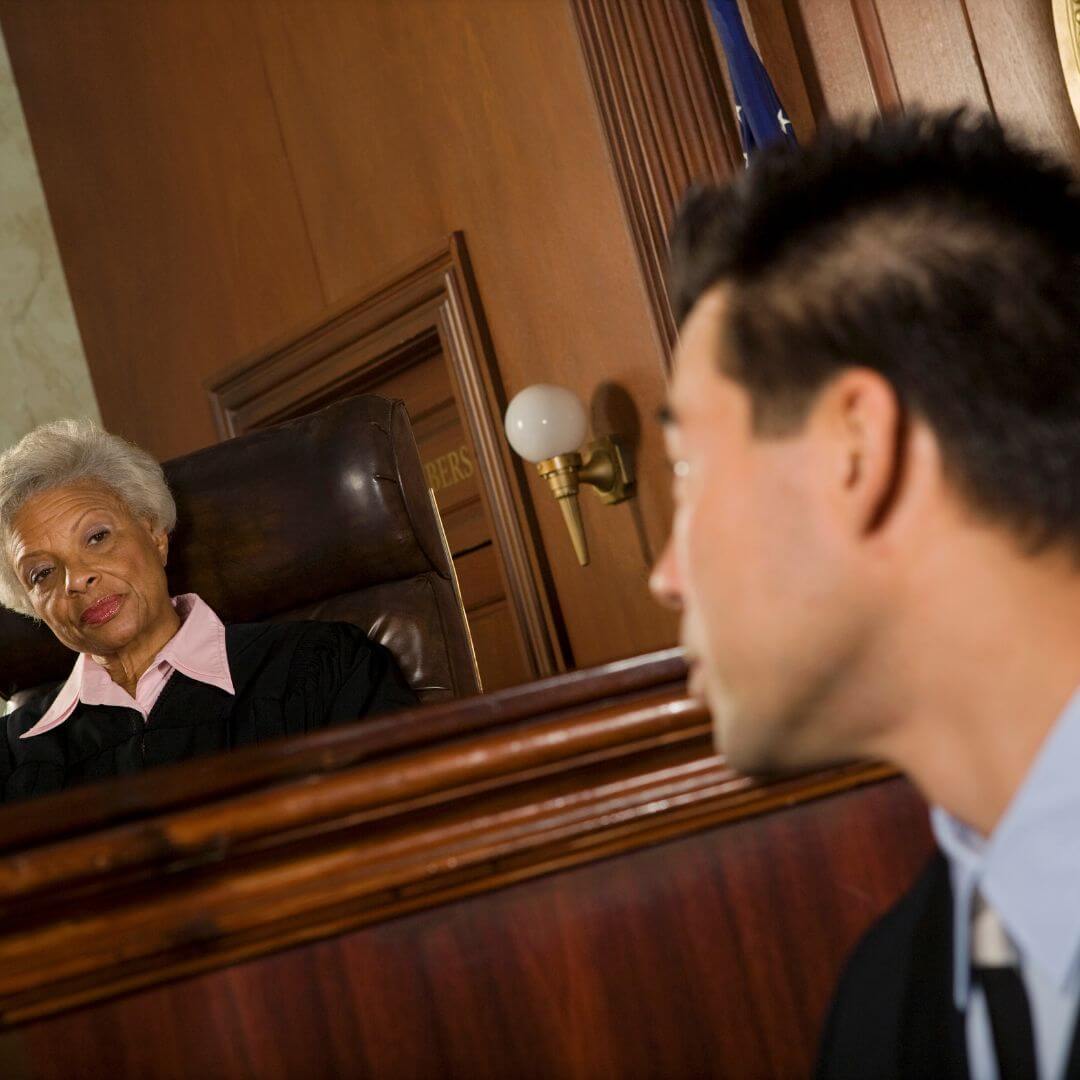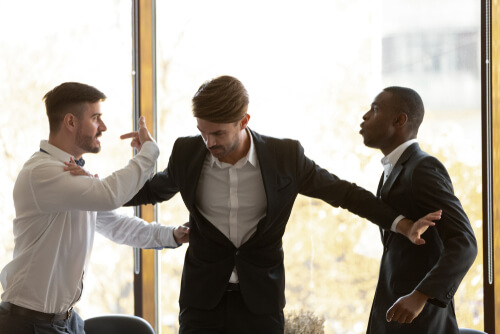Nobody likes that sinking feeling you get when you’re pulled over or approached by the police, whether you’ve done anything wrong or not. It’s important to understand what is happening, what your rights are and the duties of the cops, not just because it will make things go smoothly but in a lot of cases to make sure you stay safe.
Your rights are designed to protect you from being treated unfairly and ensure you have a fair chance to defend yourself against any charges. Today, we offer a reminder of the rights we all have as citizens.
Know Your Rights
Most of your most important rights during arrest pertain to self-incrimination, and making sure you’re fairly represented. While it’s important to show respect, it’s also important to remember that the cops are not your friends.
They are there to investigate a crime and build a case against you. Say nothing to the police without your attorney present, answer no questions and do not sign anything. Do not discuss your case with anyone except your attorney.
Right to Remain Silent
The Miranda Rights we’re all familiar with include this classic: “You do not have to say anything to the police or to anyone else. Anything you say can be used against you in court.
This isn’t just something the police say when they arrest you, it’s something you need to follow.
Do not speak, except to ask for your lawyer. Remember that this is their job. The cops are at work and they take their work seriously. So should you.
Right to an Attorney
Even if you cannot afford an attorney, one will be appointed for you. It will take more time in the system and public defenders are notoriously overworked, but with no other options, you can trust your public defender to represent you. Speak only to them.
Fair Trial
You have four major rights here: the right to have your case heard by a jury of your peers, the right to a speedy trial, the right to confront your accusers and the right to present evidence in your own defense.
Your attorney can advise you on whether these rights have been violated.
Remember that you aren’t there to prove your innocence. In a fair trial, the burden of proof is on the prosecution to prove you are guilty beyond a reasonable doubt.
Tips to Deal with Police
If you are arrested, it is important to exercise your rights, but be polite and cooperate with the police. Do not resist arrest or do anything you think would be viewed that way.
Contact an attorney, or ask to speak to one, as soon as possible. They can help you understand your rights and will protect your interests. They can also help navigate the criminal justice system and represent you in court.
If you are not allowed to speak to an attorney, ask to speak to a supervisor.
Keep track of everything that happens to you, including the names of the officers who arrest you, the charges against you and the date and time of your arrest.
Police Duties
Police officers are required to follow certain rules and regulations while performing their duties. They are there for your protection and the protection of your rights. If the law enforcement officer deems it necessary, they can also legally break these rules. Don’t give them a reason to do so.
Follow the Law
Police officers must always abide by the law and cannot take any action that violates it. They must respect the human rights of all individuals and treat them with dignity and respect. Cops can only use the amount of force necessary to overcome any resistance and make the arrest.
Probable Cause
Before making an arrest, officers must have “probable cause” to believe the subject has committed a crime. Once the cops get a warrant, it must be executed in a reasonable manner. It cannot legally be used as an excuse to harass or intimidate individuals. Also, any warrant is only valid for a limited time and must be reissued if the investigation continues past that time.
Miranda Rights
Once in custody, the cops must inform you of your Miranda Rights, including the right to remain silent and the right to an attorney as noted above. This part of the interaction may end up a bit of a blur, but luckily you already know your rights.
Search and Seizure
Officers may only search a suspect and their belongings with a valid warrant or with probable cause to believe you have evidence of a crime on you. The Fourth Amendment to the United States Constitution protects citizens against unreasonable searches and seizures.
This means before a cop can search you, or your vehicle or home, they must have probable cause and obtain a warrant from a judge.
The warrant must describe the specific location to be searched and the specific items to be seized. If you give consent to a search, or if waiting for a warrant would endanger public safety or result in the destruction of evidence, this rule is flexible.
Civil Forfeiture
Civil forfeiture is the legal process allowing law enforcement agencies to seize property they believe was involved in or obtained through illegal activity, even if the owner hasn’t been charged with a crime. It’s controversial because it can be used to seize property without due process of law or based on mere suspicion. Cops may even seize property when the owner had no knowledge it had been used for possible illegal activity. The burden would then fall on the owner to prove the property was obtained legally.
Call on Big Bubba and Get Out of Jail
While these rules and regulations are in place to protect individuals’ rights, police officers may deviate from them in what they perceive to be emergency situations or an immediate threat to public safety.
If you are arrested, it is important to remember that you have rights and you should not be treated unfairly.
By exercising your rights and cooperating with the police, you help assure a fair chance to defend yourself. It’s also important to know your options when it comes to bail, which will hopefully be set at your first hearing and allows you to leave jail under certain conditions. Big Bubba’s Bail Bonds is here to help, answer your questions and get you out.
If you know someone who’s been arrested and they’re eligible for bail, contact Big Bubba’s 24/7 for help getting out, so you can start working on your case.


